
The Eco-Business A-List 2022: Who are Asia's sustainability leaders of the year?
In a year that war broke out in Europe, disrupting supply chains and energy prices, these individuals worked to keep climate action and social equality on the agenda.
By Robin Hicks

2022 was another year that sustainability professionals were put to the test.
Just as the Covid-19 pandemic released its stranglehold on the world, war in Europe strained supply chains, impacted energy prices and food security, and inflation exacerbated poverty in many parts of Asia Pacific.
In much of the region, governments turned the screw on social freedoms, making life harder for non-government organisations, social enterprises and others working to effect change. China fiercely enforced its “zero-Covid” policy for much of the year, India squeezed funding for NGOs and Indonesia adopted an illiberal criminal code that threatened free speech and religious orthodoxy. Vietnam jailed a climate activist who was selected for the Eco-Business A-List this year.
Meanwhile the notion of extreme weather became the norm as climate impacts intensified across the region. China experienced its worst heatwave in 60 years, massive floods drowned Pakistan and Malaysia, and the Philippines took an even bigger beating than usual from tropical storms. Climate anxiety started to affect people’s desire to have children.
But even as other priorities dominated, and the world struggled with missed opportunities to put the planet on a path towards a more sustainable future, there were people working to make a difference.
Ten of these individuals have been selected for the Eco-Business A-list, a who's who of sustainability practitioners tackling some of the toughest environmental and social issues in Asia Pacific.
A-List contenders were judged on their achievements over the past year. Judges assessed nominees based on the creativity, innovation, impact and leadership they have shown in their respective sectors.
The judges of the 2022 A-List were Herry Cho, group head of sustainability and sustainable finance at Singapore Exchange (SGX), Caroline Seow, co-founder and director of B Lab Singapore, and Donald Chan, managing director, Asia Pacific, for carbon measurement non-profit CDP.
The 2022 Eco-Business A-List awardees are:
Kanika Jhunjhnuwala, executive director, sustainability and environment, HIND Management
Kanika Jhunjhnuwala’s year has been defined by her efforts to raise the sustainability bar for New Zealand’s hospitality sector as a whole, beyond her work with HIND Management, which manages Sudima Hotels, the country’s first carbon neutral-certified hotel chain.
In 2022, she founded the Hotel Industry Sustainability Group to engage other accommodation providers to raise the industry’s sustainability baseline and push for deeper commitments to reduce emissions. New Zealand’s accommodation sector has a particularly large energy footprint. The group, which nudges its members to commit to a science-based climate emissions reduction target, counts CP Group, SkyCity Auckland, Heritage Hotels and Accor among its members.
Sudima Hotels is one of the few hospitality groups to measure, track and publish its emissions. “No matter where a hotel or hotel group starts from, we all want to make a difference and operate in a sustainable way,” says Jhunjhnuwala. “My intention is to ensure that others can learn from our experience, for our actions, mistakes and learnings to provide a blueprint.”
Over the past year, Jhunjhnuwala, an environmental engineer with a degree in physics, has led the hospitality sector’s decarbonisation agenda by driving down emissions intensity across Sudima Hotels, even as the company has grown its portfolio."
Jhunjhnuwala also scored a first for the group by securing a sustainability-linked loan with lowered interest rates if the business meets environmental and social sustainability targets. The interest rate differential will go towards furthering the goals of the company’s ESG strategy.

Kanika Jhunjhnuwala has pushed for higher standards in the hospitality sector in New Zealand over the past 12 months. Image: HIND Management
Kanika Jhunjhnuwala has pushed for higher standards in the hospitality sector in New Zealand over the past 12 months. Image: HIND Management
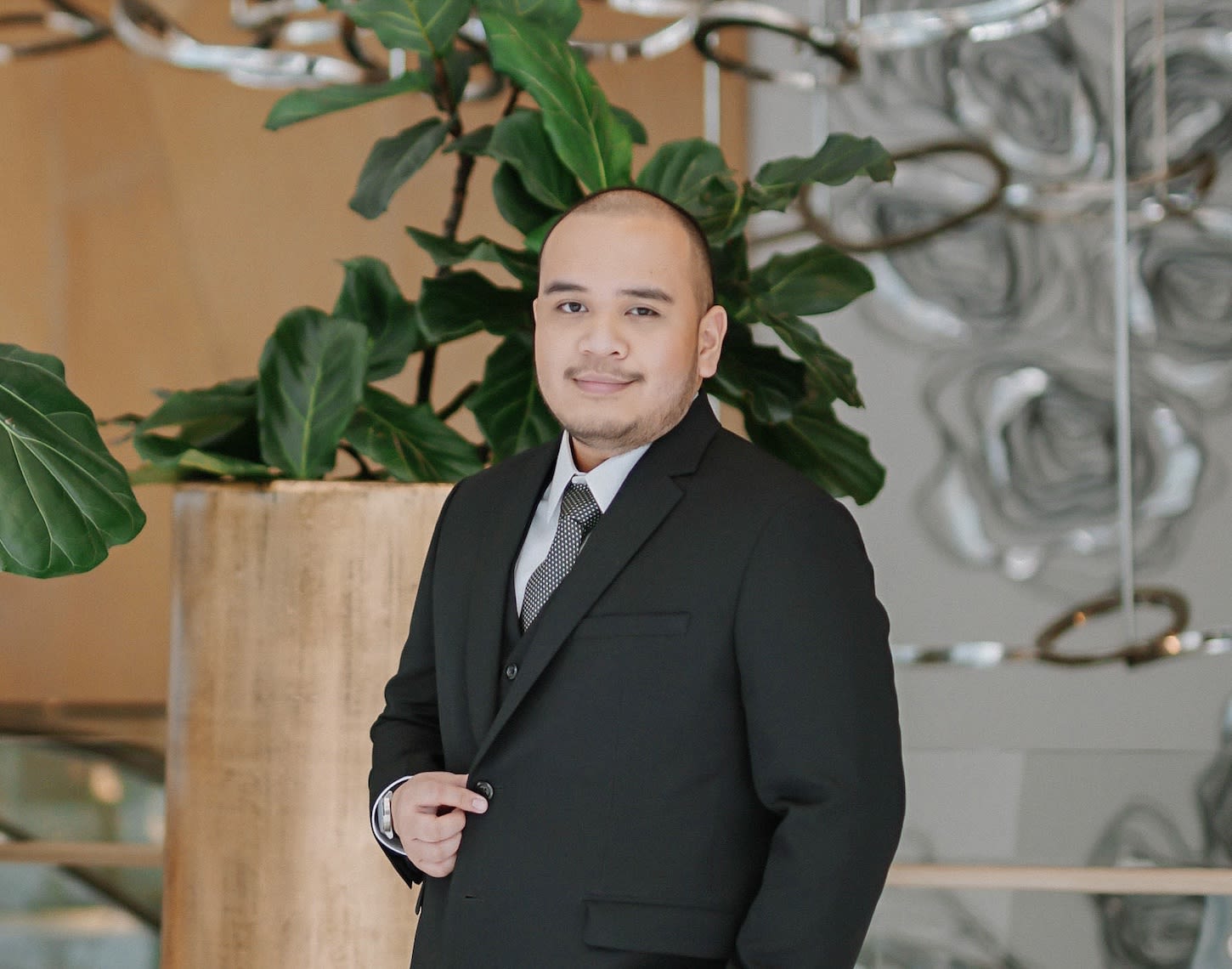
Gabby Villoria's firm trialled the world's first electric trike. Image: GerWeiss Motors Corp
Gabby Villoria's firm trialled the world's first electric trike. Image: GerWeiss Motors Corp
Sean Gabriel Villoria, chief technology officer, GerWeiss Motors Corp
Sean Gabriel Villoria, better known as Gabby, has been leading the charge for electric tricycles in the Philippines since he was a teenager. He now runs the family business, GerWeiss Motors, which trialled the world’s first electric trike, a battery-powered three-wheel vehicle, in 2009.
Villoria is the firm’s chief technology officer and chief executive officer, and has led the development of the e-trike ecosystem in the Philippine tourism island of Boracay from scratch. The De La Salle University-educated electrical engineer has designed and assembled hundreds of lithium battery packs for the GerWeiss ecosystem, and is also responsible for their collection when they reach end of life.
Converting gasoline-powered trikes to electric trikes has helped to reduce air and noise pollution on the island. The e-trike batteries are not sold, but instead leased for a daily fee, and they take a few minutes to charge at solar-powered charging stations.
GerWeiss Motors’ e-trikes also come with social benefits; E-trike drivers are able to acquire the vehicles through 100-per-cent financing. They can then earn a decent income, and are provided with education opportunities for their children, access to medicine and decent housing through the company.
Villoria is leading GerWeiss Motors’ expansion into other cities around the Philippines and marketing directly to tricycle drivers to electrify more fossil fuel-powered vehicles.
A-List judge and group head of sustainability and sustainable finance at Singapore Exchange Herry Cho said Villoria’s nomination stood out because it used a new solution to tackle an old problem: pollutive traffic congestion in the Philippines.
Sidhant Gupta, founder, Clearbot
Sidhant Gupta is a robotics and coding nerd who as a teenager spent his free time attempting to break records. As a 16-year-old, he created India’s smallest bipedal robot. A few years later, he made the world’s fastest robotic fish.
He later launched the Open Source Remote Education Initiative, which brought electronically-aided education to children living in remote parts of China, India, Vietnam, the Philippines and Kenya. He also worked on the Mindorobots Ecological Project, which deployed swarms of robots to map and protect coral reefs from environmental damage.
“When you do all these different projects, trying different things, the one thing that happens is that you develop a weird fascination with life,” Gupta said at a TedX talk in Hong Kong. “Because you’re meeting new people, you’re picking up new skills, and the most amazing thing is, your mind starts working like a child. You become amazed by random things and the opportunities become limitless.”
Gupta’s passion for filling his spare time chasing his dreams led him to create a robot that clears refuse from the sea. Named Clearbot, the artificial intelligence-powered robot can self-navigate and detect different kinds of trash. It can collect up to 200 kilograms of rubbish a day and has a range of 20 kilometres.
The vehicle can also collect oil and invasive weeds, costs less than 10 US cents per kilometre to operate, and creates zero emissions, as it is solar-powered. The contraption has been hired by property developer Sino Group, Hong Kong’s Highways Department and WeRobotics, a non-profit that uses technology for humanitarian aid.
Over the past 12 months, Gupta has increased the number of Clearbot boats from one to 10. But the biggest challenge he has faced is managing people, he told Eco-Business. “You need to strike a balance between empathy for your staff and having a strategy to ensure the business keeps going,” he says.
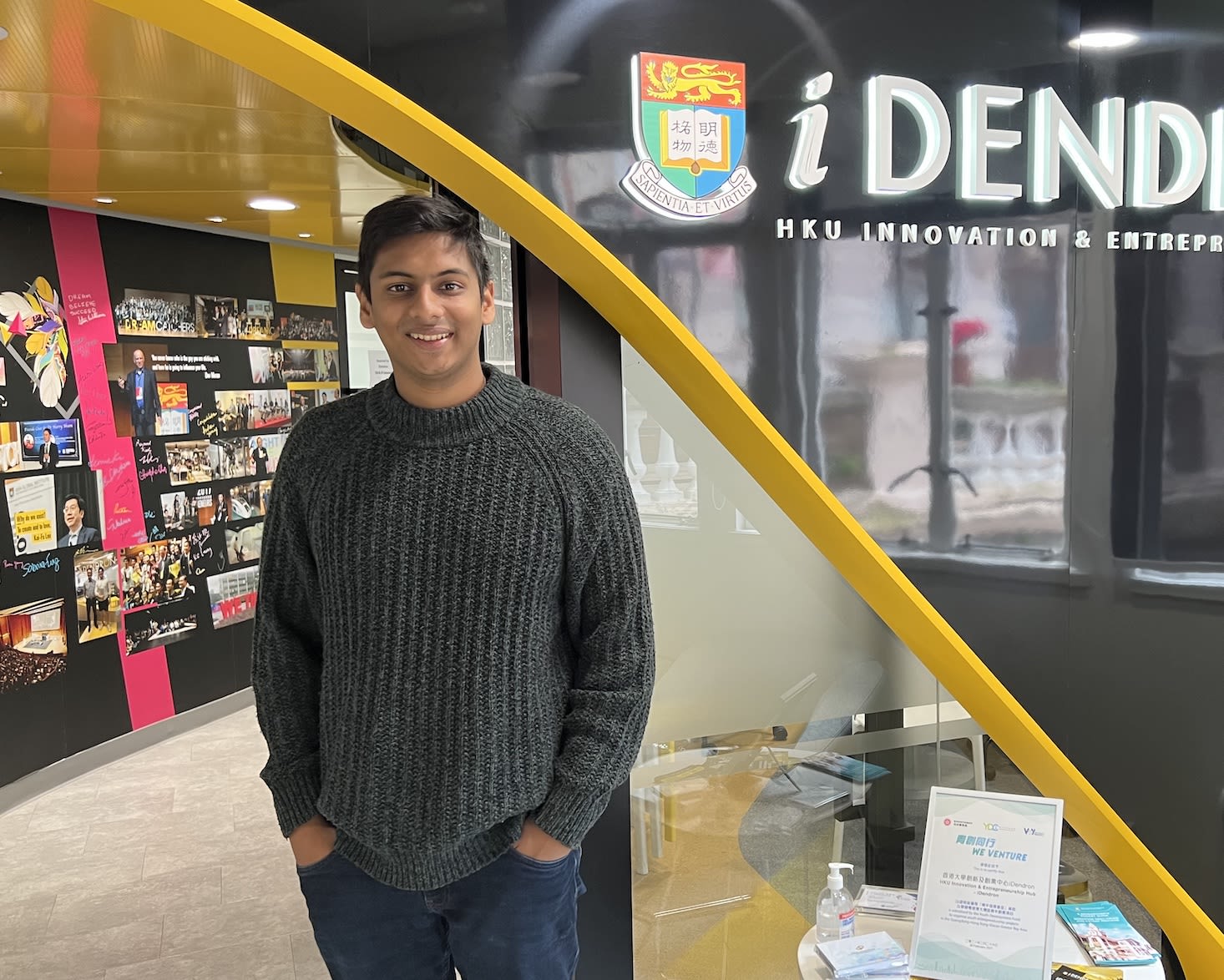
Sidhant Gupta invented Clearbot, an AI-powered ocean-cleaning device. Image: Eco-Business
Sidhant Gupta invented Clearbot, an AI-powered ocean-cleaning device. Image: Eco-Business
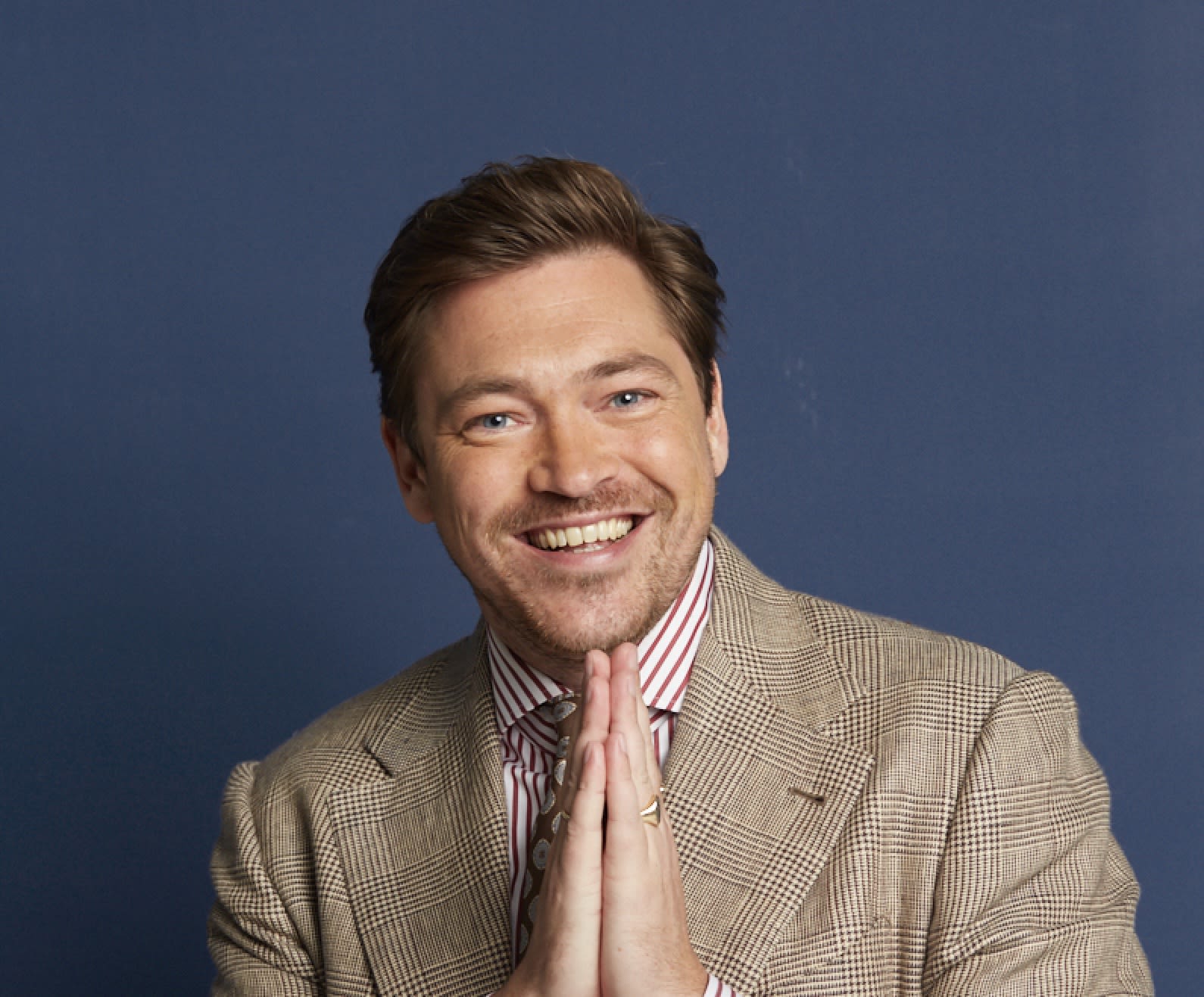
Sjoerd Fauser runs sustainable materials engineering group Archwey. Image: Archwey
Sjoerd Fauser runs sustainable materials engineering group Archwey. Image: Archwey
Sjoerd Fauser, founder and CEO, Archwey
Sjoerd Fauser runs Archwey, a sustainable materials engineering group that develops alternatives to single-use, fossil fuel-based plastic products. Under Archwey are Arch & Hook and PlasticBean.
Arch & Hook develops recycled and recyclable alternatives to non-sustainable materials in the retail sector, and has produced material for the likes of Levi’s, Under Armour, and Selfridges. The brand is perhaps best known for producing thermoplastic hangers.
PlasticBean produces and sells different grades of Archwey’s recycled resin, branded Bluewave. This resin is made from recycled ocean-bound plastic, ocean plastic and post-consumer plastic, much of which has been collected from the world’s most polluted rivers.
Over the past 18 months, Archwey recycled and cleaned 32,500 tonnes of plastic into new products. Fauser is aiming to double the amount of plastic waste it recycles by the end of 2023. He is also aiming to cut the global warming potential of its products by 20 per cent by the end of 2023.
In doing so, Fauser hopes to create more than 100 green jobs, mainly in finance and sales in Singapore, Archway’s regional headquarters.
"Having companies like Archwey in Singapore is important, as being part of a green economy, the technology that they bring and the collaboration between the government and companies like them makes a lot of difference both locally and beyond our shores as well," said Speaker of Parliament Tan Chuan Jin at Archwey’s launch in July.
Willie Ng, executive director, Global Cerah
Willie Ng quit his corporate career as a chartered accountant in 2018 to become a social entrepreneur. Inspired by the United Nations’ Sustainable Development Goals and his time with non-profit Junior Chamber International, he founded an agri-tech start-up based in the Malaysian state of Sabah that turns agricultural waste into an alternative protein source for animal feed. Global Cerah’s product is a healthy, organic alternative to artificial, inorganic feeds that are increasingly used in farming around the region.
Global Cerah currently turns 100-500 tonnes of agricultural waste from local farms into feed meal every month. The firm’s circular approach to farm waste has lowered the area of land used to dump waste by 2030-40 per cent, and Ng hopes to increase that rate by five to 10 per cent over the next two years. Reusing farm waste has reduced the exposure of farmers to soil and air pollution.
Ng’s work has won recognition and funding support. Global Cerah was a recipient of the Technofund, a government grant scheme for Malaysian startups, and has been awarded a JCI Asia Pacific Creative Young Entrepreneur Award among other accolades.
“Finding a balance between profitability and purpose has been a challenge this year,” Ng told Eco-Business. “Running a startup, you need to make sure that the company brings in enough cash flow to stay sustainable. You need to build diverse revenue streams, nurture partnerships and most importantly for us, increase awareness among farmers, plantation owners and pet food manufacturers to sustain the business over the long term.”
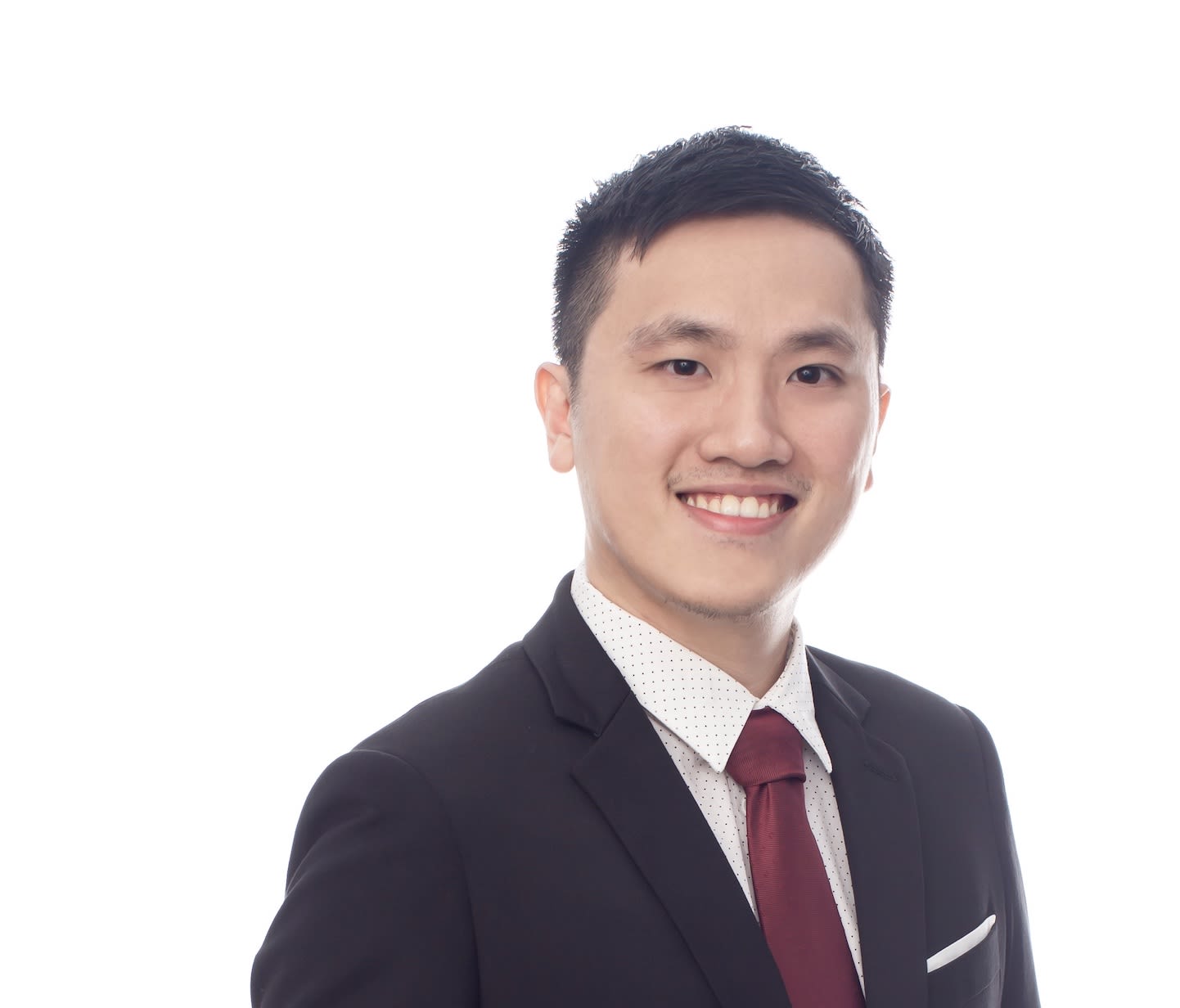
Willie Ng runs a company that turns agricultural waste into an alternative protein source for animal feed. Image: Global Cerah
Willie Ng runs a company that turns agricultural waste into an alternative protein source for animal feed. Image: Global Cerah
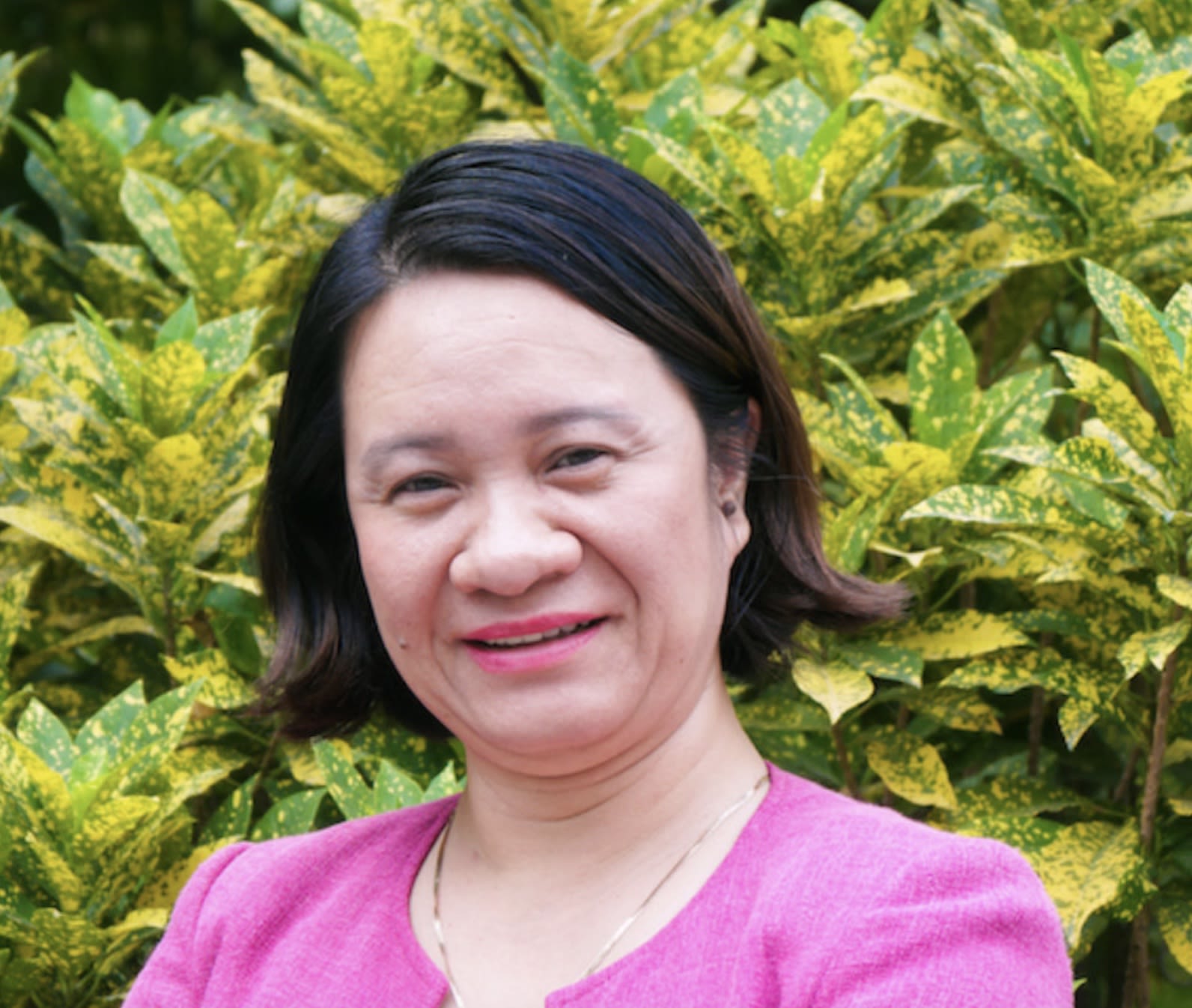
Nguy Thi Khanh has campaigned to wean Vietnam off coal. Image: Green ID
Nguy Thi Khanh has campaigned to wean Vietnam off coal. Image: Green ID
Nguy Thi Khanh, founder, Green Innovation and Development Centre
Nguy Thi Khanh has bravely agitated for a clean energy transition in Vietnam since she founded environmental campaign group Green Innovation and Development Centre, or Green ID, more than a decade ago.
Growing up near a coal plant, Khanh saw firsthand the carcinogenic effects of burning fossil fuels on local communities. She has campaigned tirelessly to wean her country off cheap, pollutive coal as the government scrambles to power Southeast Asia’s fastest-growing economy. Despite official plans to expand Vietnam’s coal fleet, the 2018 Goldman Environmental Prize winner’s advocacy has helped to persuade the government to shelve thousands of megawatts of coal power and deploy renewables instead. Though the road to clean energy is bumpy and coal continues to grow in the country’s energy mix, Vietnam has the most installed renewable energy in Southeast Asia, and Khanh has played a pivotal role in making that happen.
However, pushing against the powers-that-be is not easy in a country that systematically suppresses basic civil and political rights, and restricts freedom of expression. In the summer of 2022, Khanh was sentenced to two years in prison for alleged tax evasion. She was among three environmental activists to be arrested on the same day on similar charges.
Khanh’s detention was widely condemned by civil rights groups at home and overseas. A group of more than 50 Goldman prize winners from 41 countries wrote to the United Nations Human Rights Council to challenge a plan to include Vietnam among its members, pointing to Khanh’s arrest on trumped-up charges as evidence of a broader clamp-down on environmental activists in the country.
“Khanh has shown rare bravery and a relentless spirit in pushing for clean energy in her country, despite the odds,” said A-List judge Herry Cho.
Shivangi Sultania, chief sustainability officer and chief financial officer, Centre for Development Communication, India
Shivangi Sultania is head of sustainability and finance for a non-profit that works across 10 cities in India to improve the welfare of people working in the waste management sector. India is home to around 4 million Safai Saathis, or informal waste pickers, who collect, clean, sort and segregate recyclable waste, working in difficult conditions.
Sultania has led numerous projects over the past 12 months, including the revitalisation of a United Nations Development Programme initiative to set up a materials recovery facility in Mathura Das Pura, Jaipur. The project had previously struggled to get off the ground, because it could not get buy-in from Safai Saathis, who believed they were being offered poor rates for collected scrap. Sultania’s idea to work closely with Safai Saathis and install signage to display market rates boosted transparency and led to the recruitment of 164 workers. She also introduced primary education classes for children living in the community and recruited doctors to visit the site to organise health and safety camps.
On another project in Diu Smart City, Sultania’s team launched an app to monitor the carbon emissions of the waste sector. The app helped to optimise collection routes and reduce cost and emissions. Introducing a fleet of electric rickshaws also helped to cut emissions.
A third project she led involved educating 935 schools in Delhi about the importance of good waste management practices. Students made items from waste that were used by their schools, helping them to reimagine waste as an asset.
A-List judge Herry Cho commended Sultania on her versatility and efforts to push the boundaries for what can be done in a challenging sector.
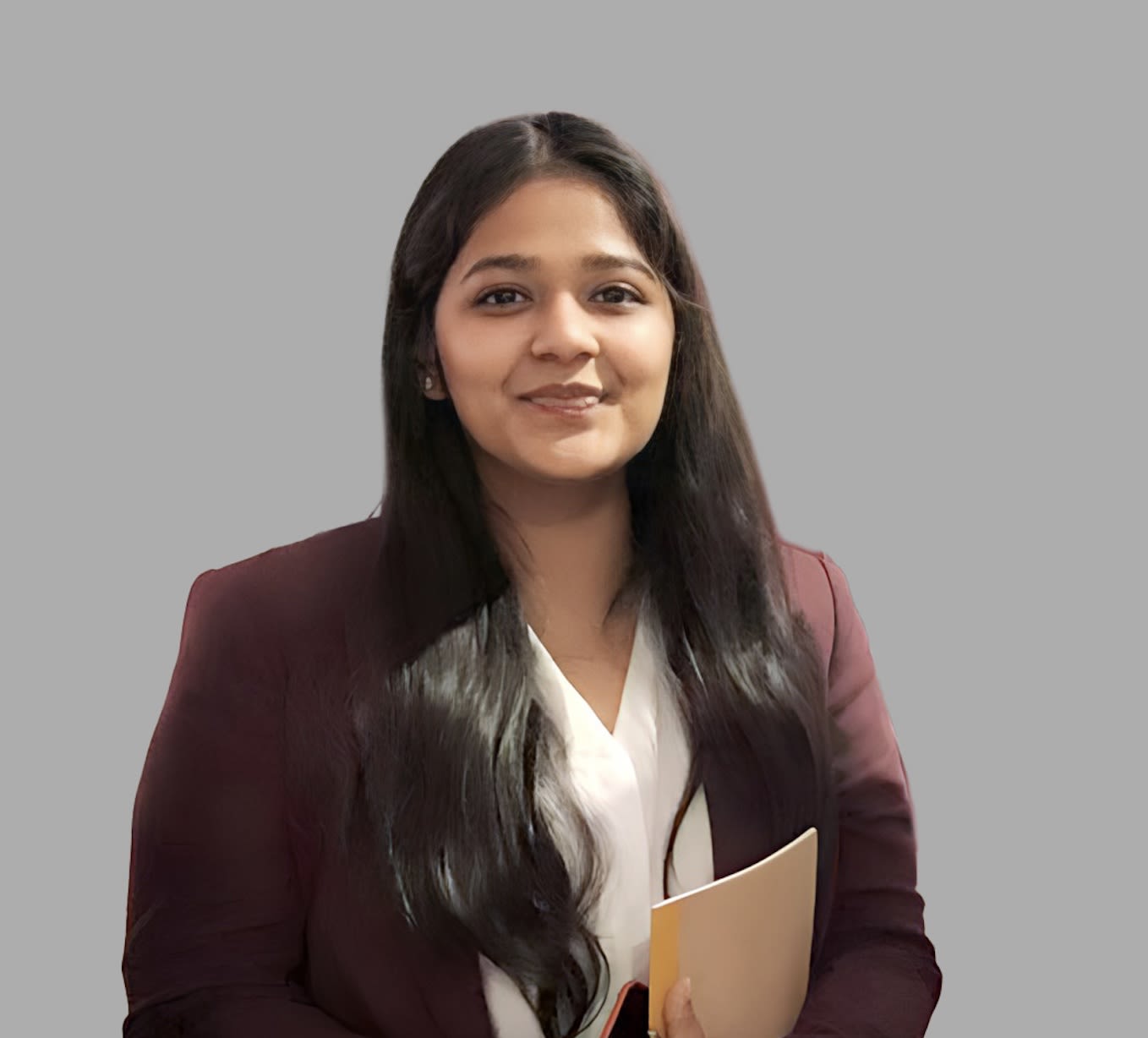
Shivangi Sultania works for a non-profit that strives to improve the welfare of waste management workers in India. Image: Eco-Business
Shivangi Sultania works for a non-profit that strives to improve the welfare of waste management workers in India. Image: Eco-Business
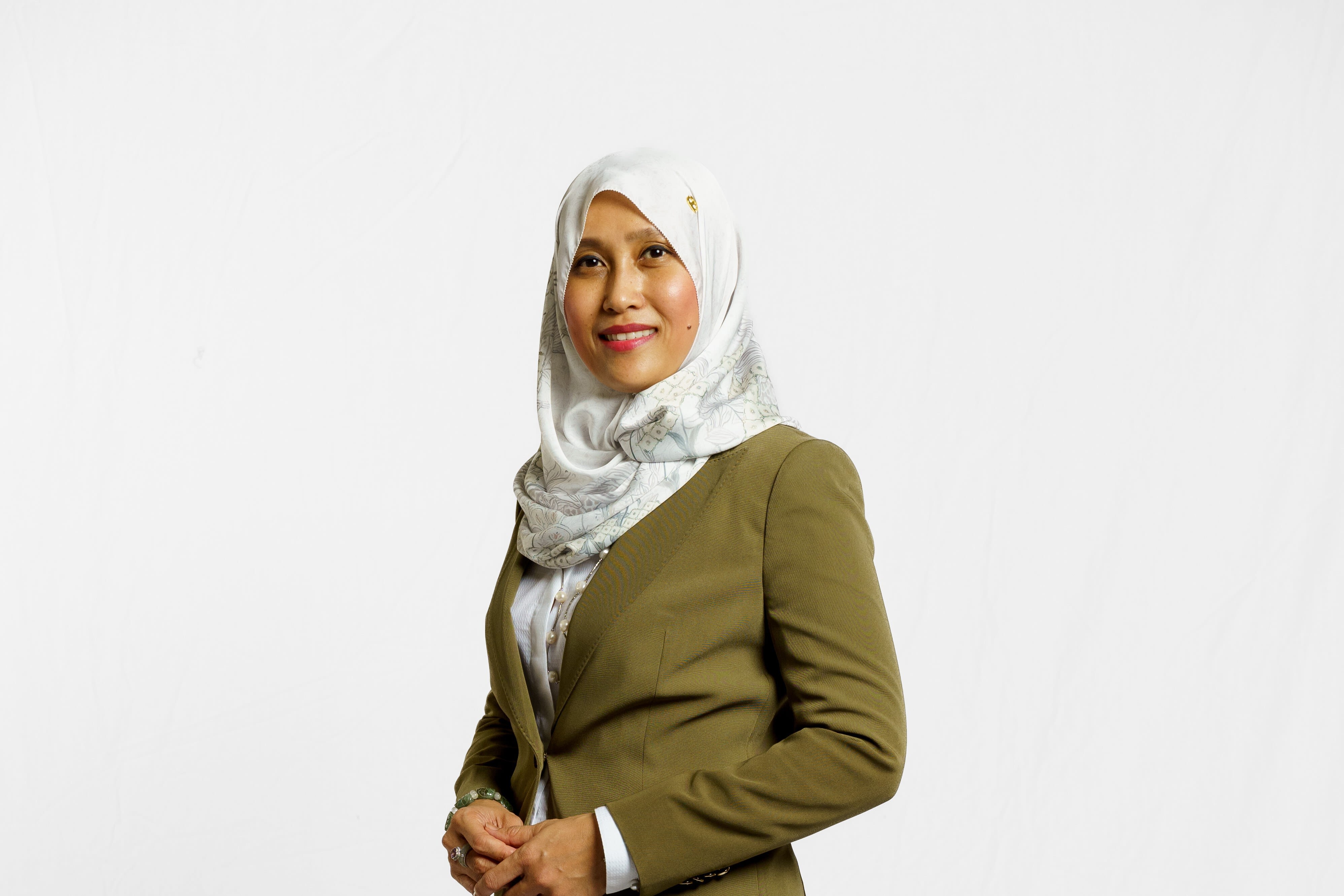
Dr Rozzeta spun off tech startup Naglus Industries from Malaysia’s technological university. Image: Eco-Business
Dr Rozzeta spun off tech startup Naglus Industries from Malaysia’s technological university. Image: Eco-Business
Rozzeta Dolah, senior lecturer, Universiti Teknologi Malaysia; managing director, Naglus Industries
Dr Rozzeta Dolah is the brains behind Naglus Industries, a nanotechnology firm that converts palm oil waste into biofuels and pollution control solutions that help fight climate change.
Naglus Industries spun off from Malaysia’s technological university, and this year Dr Rozzeta has had to wear two hats – one as a researcher, another as the managing director of a start-up.
Naglus Industries’ flagship product, the Dr.Z NanoFuel patch, mitigates carbon monoxide and carbon dioxide pollution from vehicles, improves engine performance and saves fuel. Another of the firm’s products is the Dr.Z NanoPaint, a heat barrier paint.
Dr Rozzeta is a postdoctoral fellow from the Lab of Microfluidics and Nanofluidics Research Laboratory at the Massachusetts Institute of Technology‘s Department of Mechanical Engineering. She is the first Malaysian to have been appointed president of the MIT postdoctoral association.
She is the recipient of the L'Oréal-UNESCO For Women in Science 2020, and a Tokoh Perdana 2018 recipient, awarded by Education Malaysia Washington D.C. She’s also a member of Young Scientists Network of Academy of Sciences Malaysia.
Dr Rozetta told Eco-Business that spinning off her company was a blessing because it has allowed her to commercialise the research she has been working on for so long, and bring scale to the climate benefits that it delivers for transport in Malaysia. “Understanding the science is one thing, but it is crucial to understand the finance side of the business too, to ensure the company is sustainable,” she said.
The rise of electric vehicles may dampen demand for her flagship product, but that will challenge her to pivot the technology into other sectors such as energy, she added.
A-List judge Herry Cho said: “For an Asian scientist to be recognised on the international stage is some achievement. Innovations such as these in hard-to-abate sectors are critical for the energy transition.”
Mary Jean Feliciano, vice mayor, Brooke’s Point, Palawan, the Philippines
Mary Jean Feliciano only recently returned to office as vice mayor of Brooke’s Point, a district on the biodiverse Philippine island of Palawan.
In 2021, she was suspended from her post after a mining company, Ipilan Nickel Corporation (INC) complained that she had abused her authority by blocking nickel extraction in a protected area within her municipality that served as a watershed for the community. Feliciano had used her powers to issue cease-and-desist orders to protect the environmentally sensitive area of the Mount Mantalingahan Protected Landscape from mining. The country’s Ombudsman ruled in INC’s favour and she was suspended without pay.
But in 2022, while still suspended, Feliciano went on the campaign trail and won a landslide victory in the elections to reclaim her seat in city hall. She ousted a pro-mining interim mayor who had renewed INC’s permit to mine, allowing the company to resume operations.
Back in office, Feliciano has resumed her opposition to ongoing attempts to change local land use policies, which have not zoned any of the region for extraction.
“The future of Brooke’s Point relies on God and on us citizens – we can’t entrust this to the national government,” Feliciano has said, referring to the belief that the Philippines’ new president Ferdinand Marcos Jr. will pursue a pro-mining agenda to rebuild an economy battered by the Covid-19 pandemic.
“I have to be the voice of the marginalised, the voice of the trees, the birds, the mountains, the beautiful rivers. It inspires me to continue what I’m doing until my last breath,” she told Eco-Business.
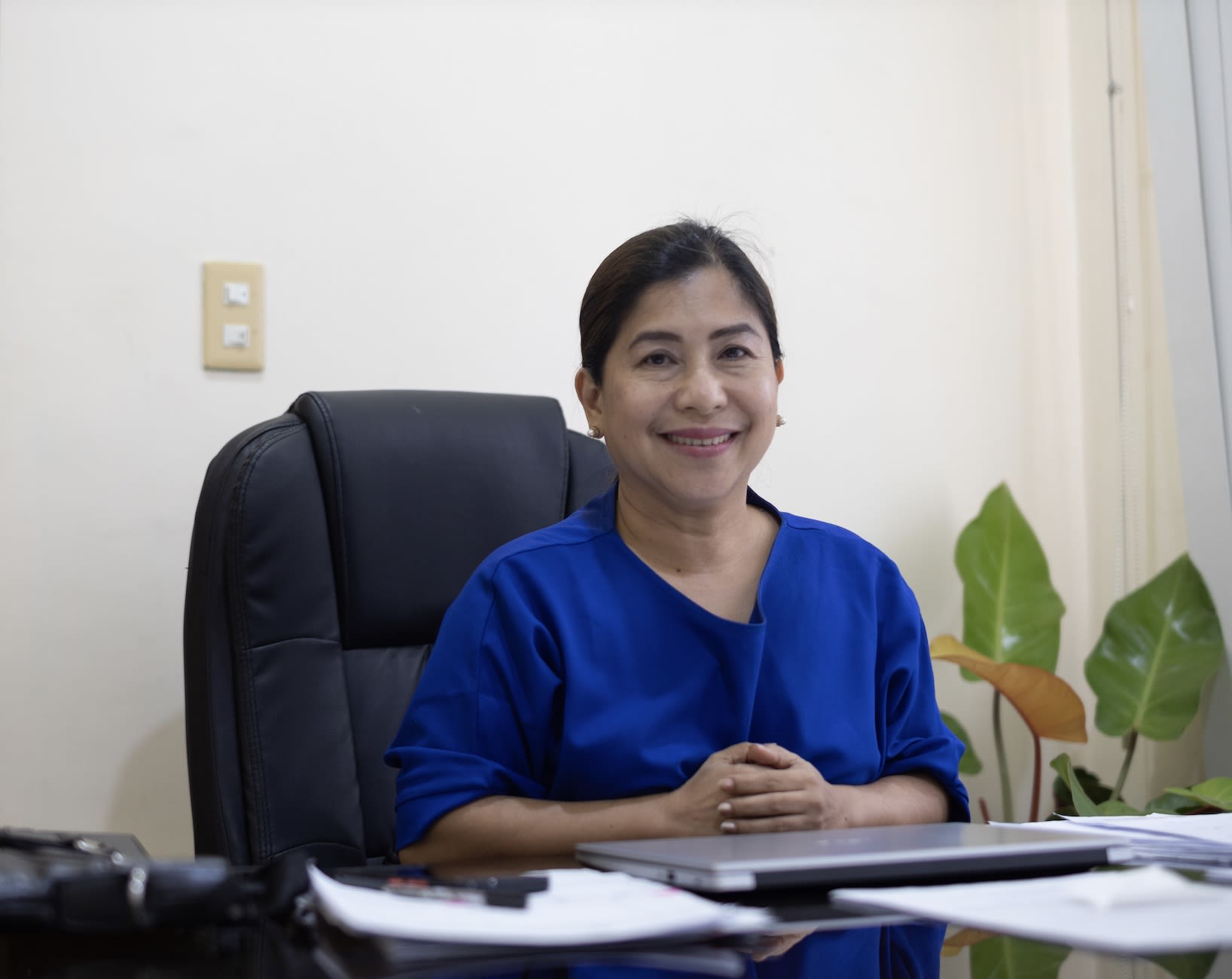
Mary Jean Feliciano had used her powers to protect the environmentally sensitive area of the Mount Mantalingahan Protected Landscape from mining. Image: Eco-Business
Mary Jean Feliciano had used her powers to protect the environmentally sensitive area of the Mount Mantalingahan Protected Landscape from mining. Image: Eco-Business
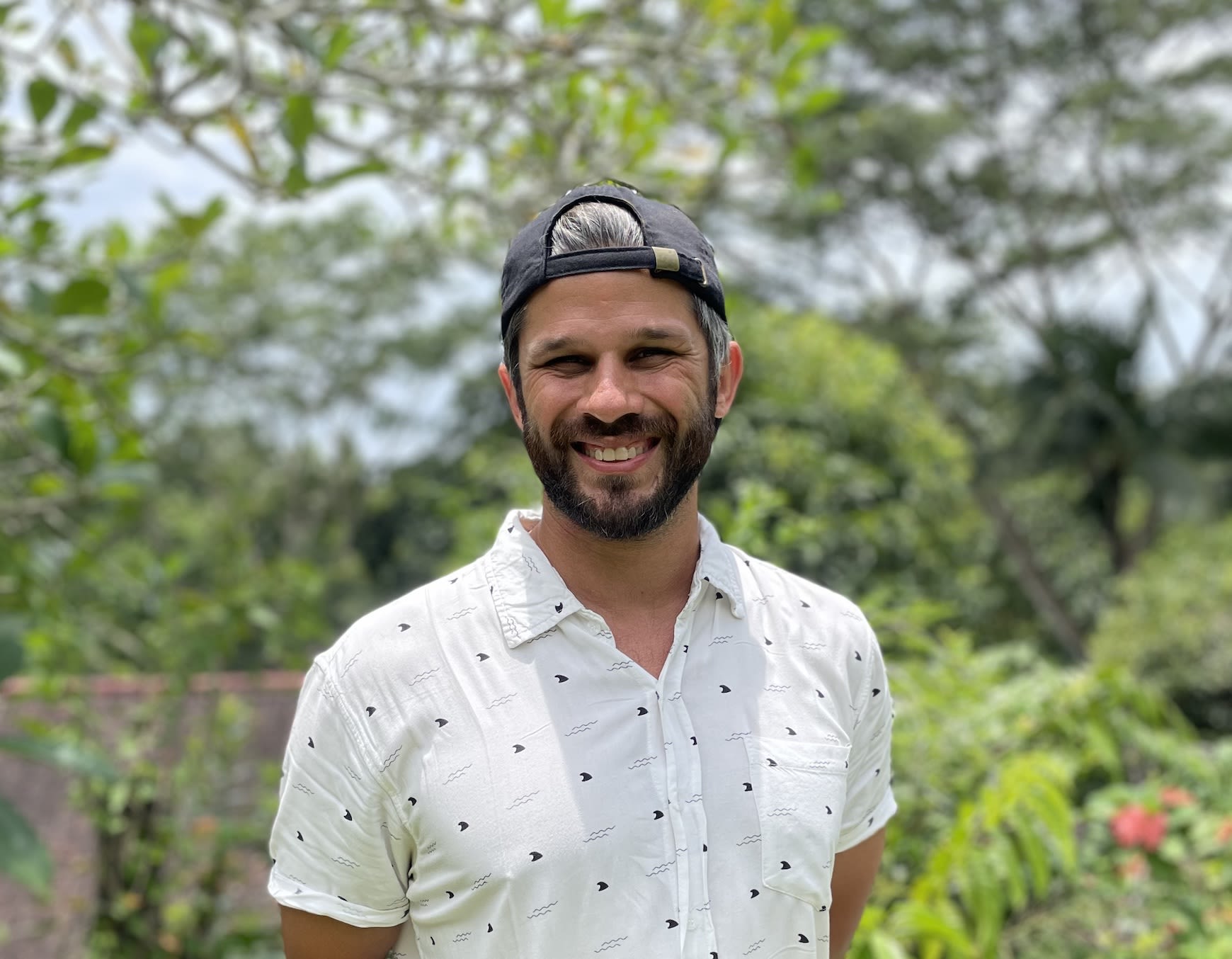
Tom Peacock-Nazil almost quadrupled the headcount of his firm Seven Clean Seas this year. Image: Seven Clean Seas
Tom Peacock-Nazil almost quadrupled the headcount of his firm Seven Clean Seas this year. Image: Seven Clean Seas
Tom Peacock-Nazil, co-founder and CEO, Seven Clean Seas
This was the year that Tom Peacock-Nazil saw his fledgling business, Seven Clean Seas, gain serious momentum.
Within the last 12 months, the beach clean-up and plastic credits business – which was co-founded by the former recruiter and financial consultant four years ago – almost quadrupled its headcount, from four to 15. It ended the year having removed 459,722 kilograms of plastic trash from Indonesian coastlines – an increase of 138 per cent on 2021 – from 612 beach clean-ups.
In the year that Peacock-Nazil relocated Seven Clean Seas’ headquarters from Singapore to Bali, the firm worked with more than 60 new brands including Singaporean property developer City Developments Limited, groceries delivery firm Soulfresh, and hotel and casino giant Marina Bay Sands. It launched a new operation in Batam, adding to its presence in Bintan. It also laid the foundations for a venture in Thailand, where the firm plans to clean one of the country’s dirtiest rivers.
Landing a contract to make the FIFA World Cup in Qatar "plastic neutral" made global headlines for Seven Clean Seas in 2022. The deal marked the first time a methodology was developed to measure the plastic footprint of such a large event.
Measurement was key to Seven Clean Seas’ development in 2022. Peacock-Nazil introduced social impact metrics to gauge how his firm was improving the lives of its crew of 64 beach cleaners. It took female empowerment and social impact surveys, and gave financial literacy and English lessons for the crew.
Peacock-Nazil and his team have shown that it is possible to run a profitability business in the waste sector, commented Donald Chan, an A-List judge. Seven Clean Seas has been profitable since its first year of operations.
This story is published to celebrate the winners of the Eco-Business A-List 2022. It is part of a series on excellence in sustainability.

